Biological Sciences
-

Evolutionary biologists determine that culture shapes genetics within, not just between, populations
Nicole Creanza and Yakov Pichkar explore whether subtle cultural differences within a language mirror genetic structure within a population. The answer: Even small cultural differences like dialect can influence the spread of people and genes. Read MoreJun 29, 2023
-

Harrison named Brighter Ventures Student Award recipient
Marie-Claire Harrison, a graduate student in the Department of Biological Sciences, has been named the 2023 recipient of the Brighter Ventures Student Award. The Brighter Ventures Student Award supports Ph.D. students interested in the application of artificial intelligence in the biomedical research field. Read MoreMay 31, 2023
-

Study establishes molecular basis for interaction between an essential protein complex and its regulator
The labs of Lauren Jackson and Todd Graham recently published a study in the Journal of Cell Biology describing a significant interaction between an essential protein complex used for protein and lipid transport—the COPI complex—and its regulator protein. Read MoreMay 24, 2023
-
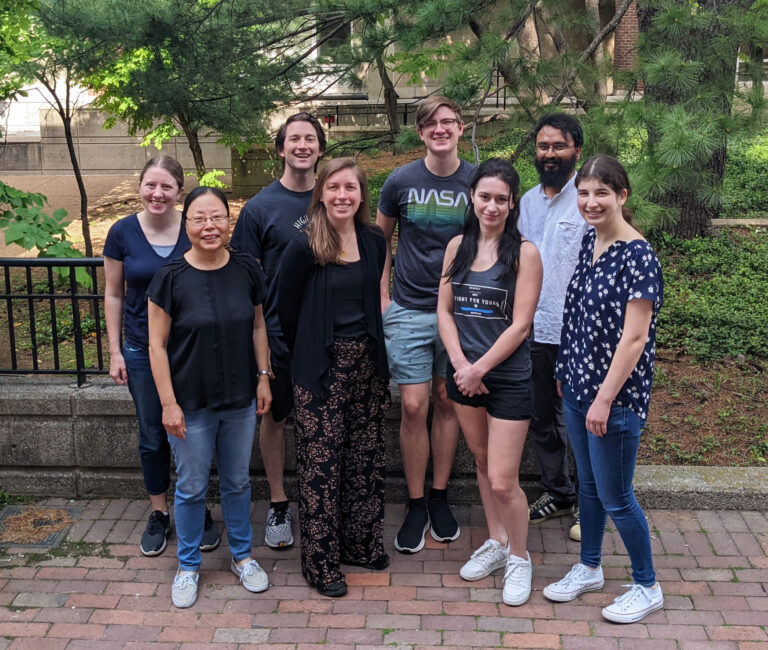
Vanderbilt Team finds Evolutionary Support for Induced Defenses
Graduate student Reese Martin and his doctoral advisor, Ann Tate, assistant professor of biological sciences, used theoretical modeling to identify a potential relationship between genetic pleiotropy and the evolution of immune responses. Read MoreApr 13, 2023
-
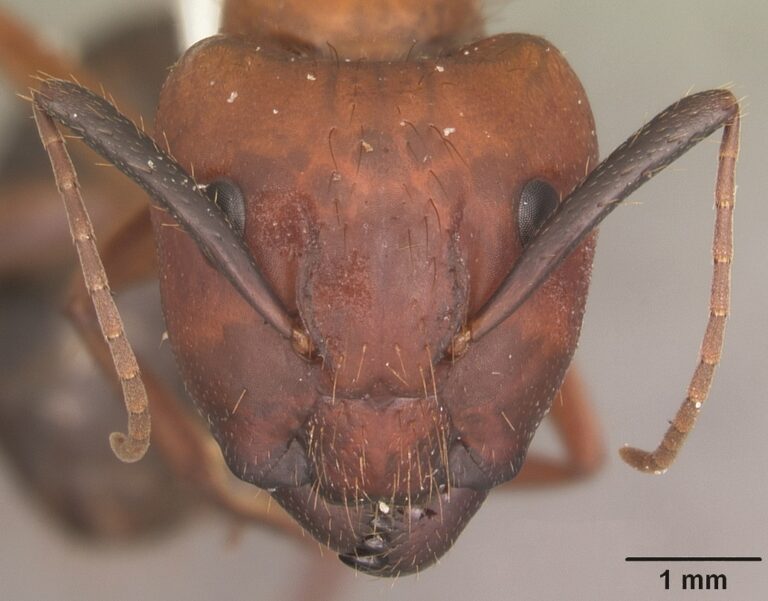
Vanderbilt researcher finds evidence for ant caste systems driven by chemo-sensing responses
Stephen Ferguson, first-author of a new paper with his postdoctoral advisor, Laurence Zwiebel, along with two undergraduates associated with the lab, Isaac Bakis and Nicholas Edwards, confirmed the existence of a specialized soldier caste within an ant species. Read MoreApr 3, 2023
-

Vanderbilt researcher outlines how whales’ sensory systems have evolved through imaging technology
In a review of 100 years of research on the sensory systems in whales, Rachel Racicot, research assistant professor of biological sciences, describes advances in the field and key questions that remain. Read MoreDec 2, 2021
-
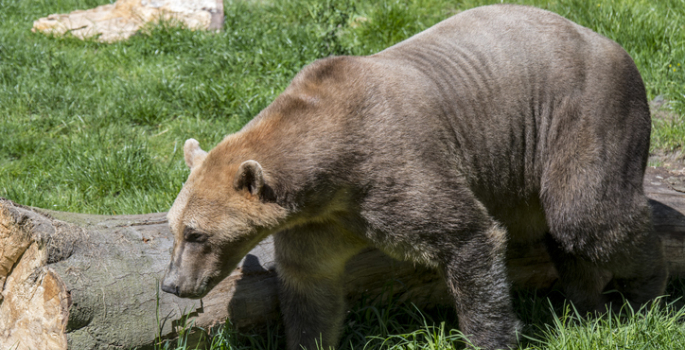
Vanderbilt researcher explains Pizzly bear hybrid species
Associate Professor of Biological Sciences Larisa DeSantis discusses pizzly bears (grizzy + polar bear hybrid species)! Read MoreApr 20, 2021
-
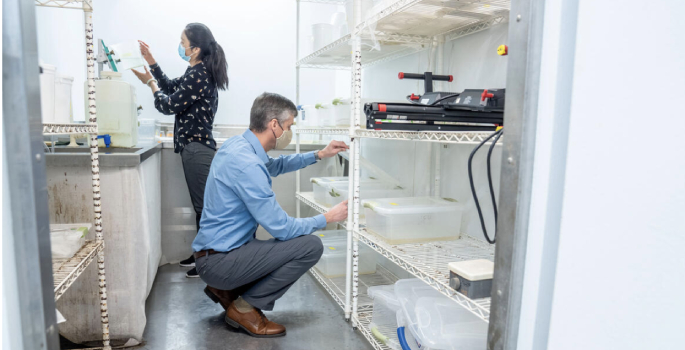
Immune and circulatory systems are functionally integrated in all insects, Vanderbilt biologists demonstrate
A new study shows that insect immune and circulatory systems cooperate to fight infection, similar to those in mammals. Read MoreDec 16, 2020
-

Analysis of ancient teeth reveal clues about how sociopolitical systems grow
Isotope analysis of ancient Peruvian teeth gives anthropologists a clearer image of how cooperating societies function. Read MoreDec 15, 2020
-

Amidon named 2020 Vanderbilt Prize Student Scholar
Katherine Amidon, a PhD student in the Department of Biological Sciences at Vanderbilt University, has been selected as the 2020 Vanderbilt Prize Student Scholar. Read MoreJul 22, 2020
-
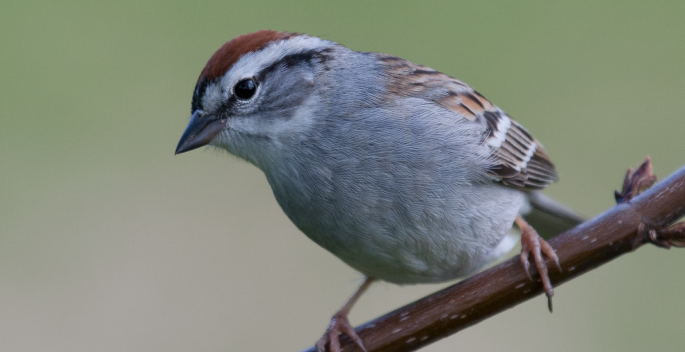
Vanderbilt lab develops app for analyzing crowd-sourced songbird recordings
With a new app from a team at Vanderbilt, birdsong researchers can better leverage crowdsourced fieldwork and audio recordings from amateur birders and citizen songbird scientists. Read MoreApr 20, 2020
-

Biology researchers capture shape-shifting delivery structures in body’s cellular “FedEx system”
A new cellular biology study reports the first visualization of a unique shape-shifting structure in the human body which plays an important role in the timely delivery of fats and proteins. Read MoreMar 9, 2020
-
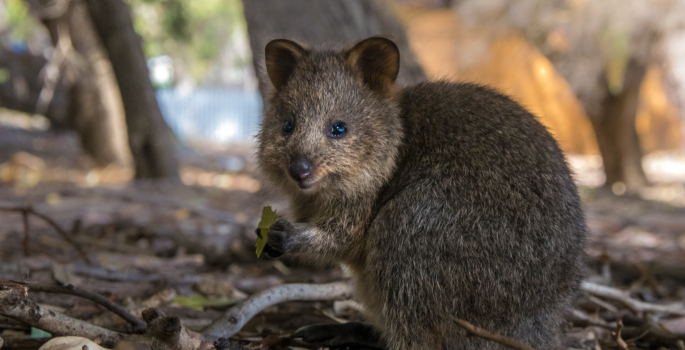
Where are the quokkas? New study explains what happened to the “happiest animal in the world”
The quokka, a small marsupial native to Australia, is an example of a species vulnerable to extinction in the country’s harsh surroundings. In a new study, researchers at Vanderbilt University demonstrate evidence for the dramatic decline of quokkas over the past century. Read MoreFeb 21, 2020
-
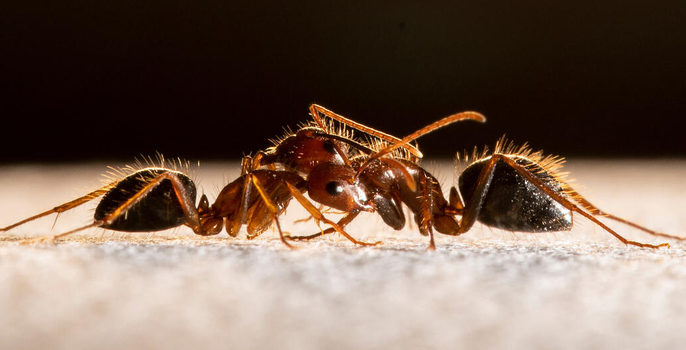
How ants get angry: Precise “lock and key” process regulates aggression, acceptance
In a new study, scientists at Vanderbilt report definitive evidence of a mechanism within ants that is responsible for unlocking aggression. The research—the first to pinpoint this mechanism and its precise role in ant biology—reports a social characteristic which could help account for their evolutionary success. Read MoreFeb 3, 2020
-

Research team sorts out drug screen false positive results
Vanderbilt investigators have identified 13 previously unknown drug compounds that cause false positive screenings for amphetamines, buprenorphine (an opioid), cannabinoids and methadone. Read MoreOct 2, 2019
-
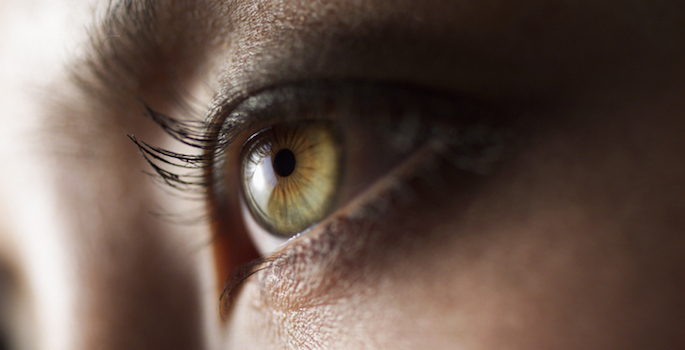
Zebrafish aid effort to regenerate damaged retinas
According to a new study, the tiny zebrafish may hold the secret to regenerating damaged retinas in humans. Read MoreSep 5, 2019
-

Team’s study reveals details of new DNA repair pathway
Investigators have discovered how a DNA repair pathway protein shields sites of damage to avoid mutations and maintain genome integrity. Read MoreJul 25, 2019
-

Two proteins slow down the train of DNA replication in Drosophila
This work was the foundation for an NSF grant to interrogate how the Rif1 protein controls DNA replication. Read MoreOct 29, 2018
-

Studying cellular deliveries
James Patton and colleagues have demonstrated how colon cancer cells transmit genetic data to other cells. Read MoreOct 26, 2018
-

High-speed atomic force microscopy reveals clock protein interactions
Prof. Carl Johnson and his team discovered on-and-off interactions between KaiA and KaiC take only seconds but combine to create a 24-hour oscillation of phosphorylation in a test tube. Read MoreAug 20, 2018